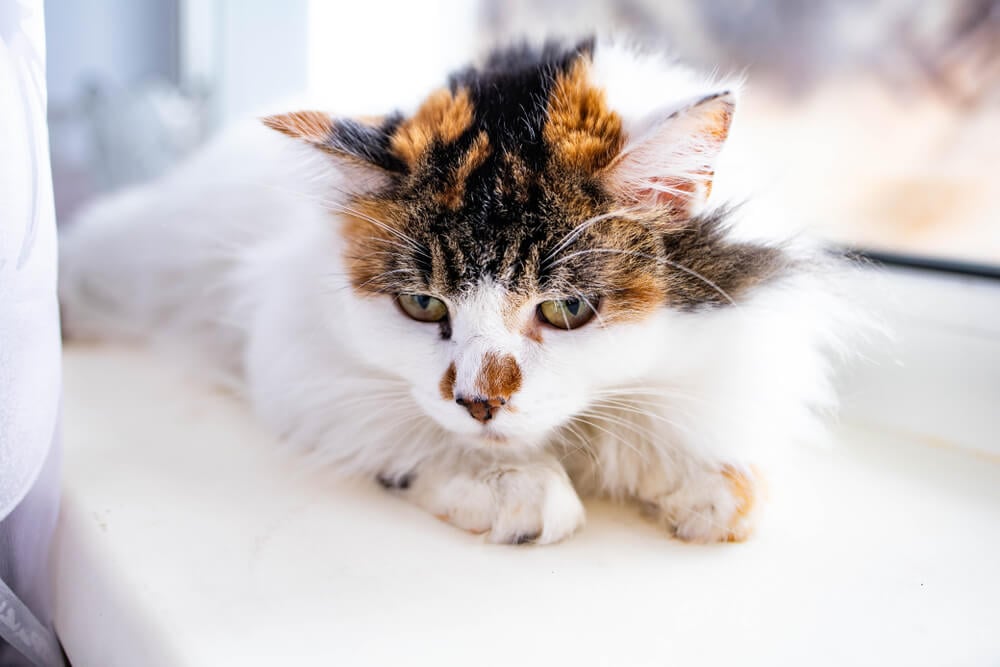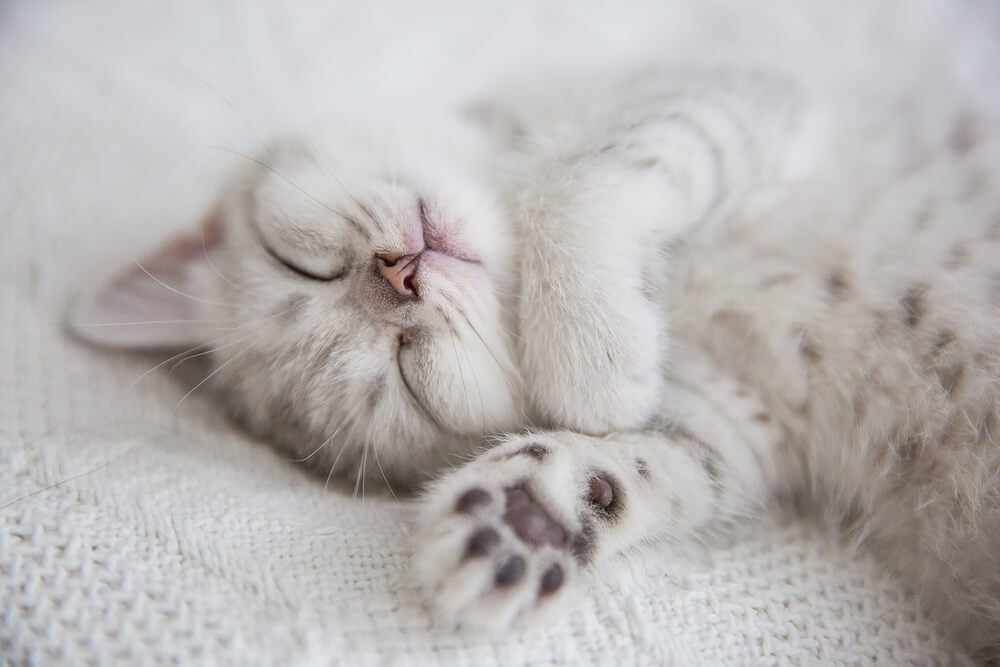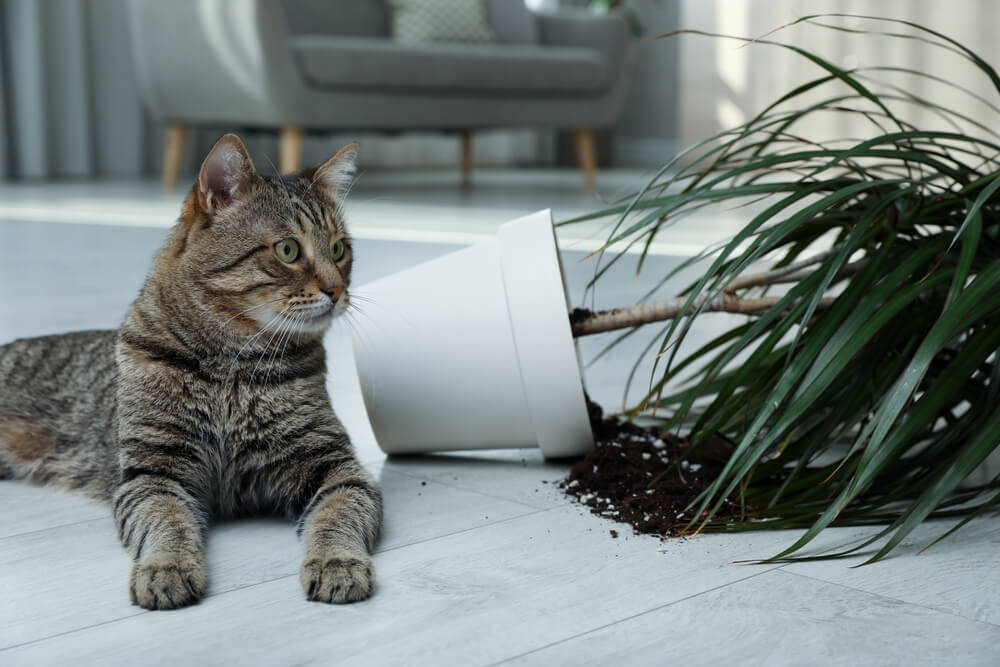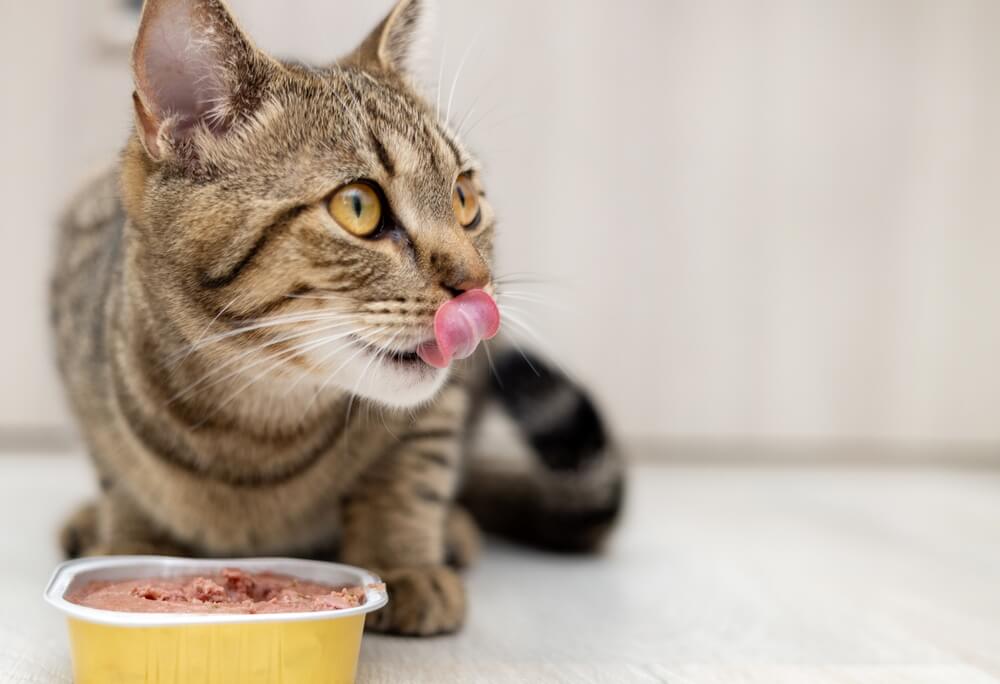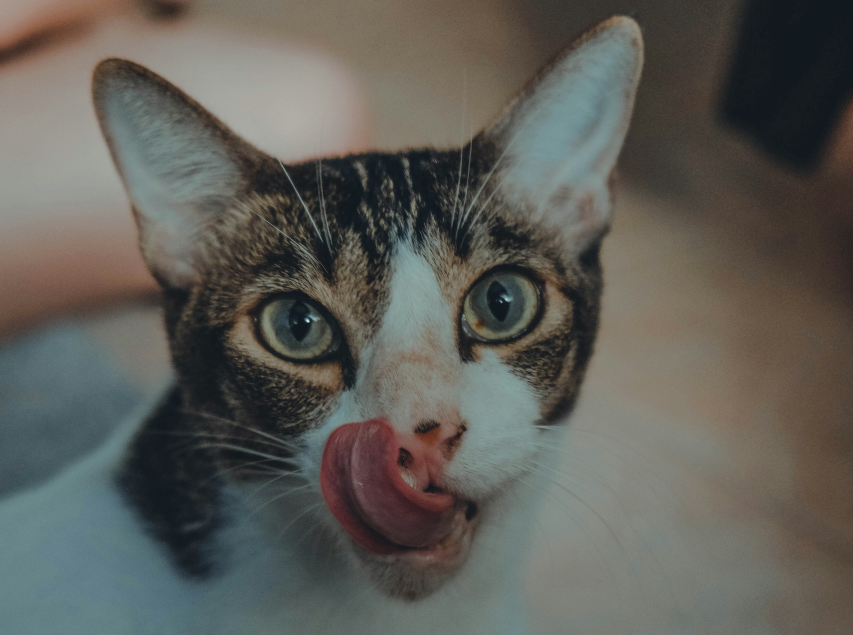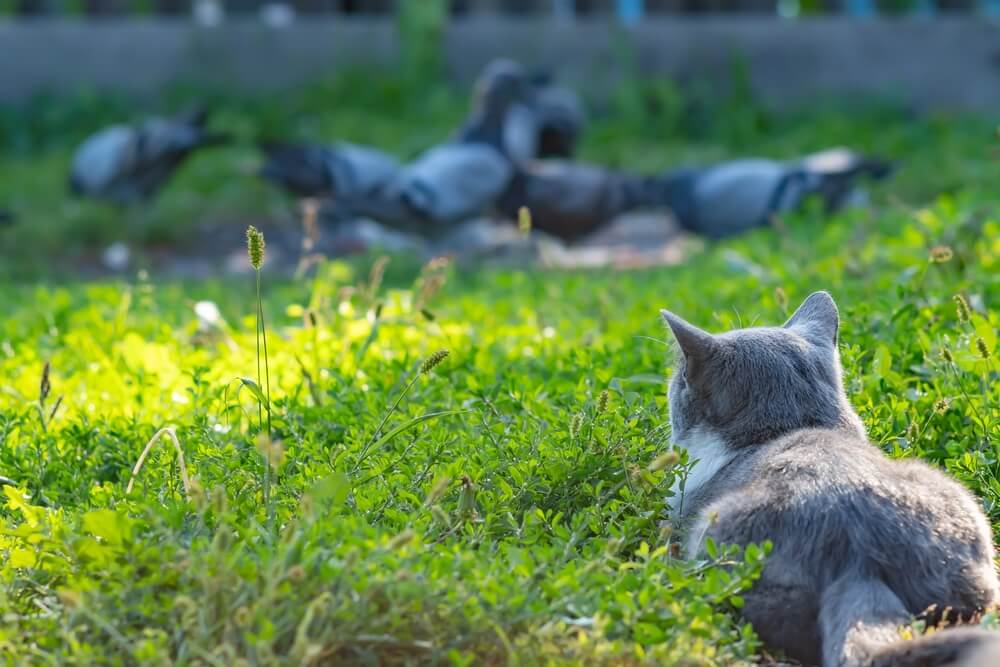
Since the 2024 U.S. outbreak of avian influenza (HPAI), there have been cases where cats have contracted the virus and become seriously ill or died. Tragically, one person in the U.S. has also died from an H5 infection, raising further concerns among the nation.
The FDA has warned people that felines, including both domestic and wild cats, are particularly sensitive. Therefore, care should be taken not to expose them to the virus. You might also have heard about the recent cat food recall linked to HPAI contamination from Northwest Naturals and the warning issued about Monarch Raw Pet Food.
And on Friday, January 17th, it announced that manufacturers of uncooked or unpasteurized cat and dog food must revise their food safety plans to account for bird flu as a potential risk. According to FDA officials, the update aims to ensure that pet food producers are informed about the H5N1 hazard linked to their products.
Understandably, many pet parents are worried and asking questions such as: “Can my cat give me bird flu?” and “How do I know if my cat has bird flu?” While these concerns are valid, the good news is that the risk of you or your cat contracting the virus is extremely low — especially if proper precautions are taken.
What is bird flu?
“Bird flu is a name commonly used to refer to highly pathogenic avian influenza (HPAI). The current version of HPAI in the United States is H5N1 bird flu. Although H5N1 bird flu mainly affects wild migratory water birds and domestic poultry, bird flu viruses have been shown to spread less frequently to mammals, including humans and cats” — VCA Animal Hosptials.
How do cats become infected with HPAI?
Recent investigations indicate food, most often unpasteurized milk, and raw, or uncooked meats as a key transmission source. Other potential sources include:
- Exposure to infected wild birds or poultry
- Exposure to people who work on affected farms and to their clothing or other fomites. 1
What are the symptoms of avian flu in cats?
According to the American Veterinary Medical Association, you should seek veterinary care if your cat appears to have any of the following signs:
- Fever
- Lethargy
- Low appetite
- Reddened or inflamed eyes
- Discharge from the eyes and nose
- Difficulty breathing
- Neurologic signs, like tremors, seizures, incoordination, or blindness
What should I do if I suspect a cat has HPAI?
Although the likelihood of your cat getting the virus is low, it’s always best to play it safe. If your cat is showing any of the above symptoms, you should:
- Call the vet: Please call your vet before taking them to the clinic and describe all symptoms your cat is showing.
- Limit your cat’s contact with vulnerable individuals if any exposure to the virus is possible.
- Although the chance of you contracting the virus from your cat is low, it’s not zero. Monitor yourself and your family for signs of illness, and report any human illness to your local public health office.
- Protect yourself and others by following recommendations from the Centers for Disease Control and Prevention (CDC).
How to prevent your cat from getting bird flu
Remember, the risk of your cat contracting bird flu is extremely low, especially if you take the following precautions:
Keep cats indoors
If your cat is a roamer, keep them indoors. An unsupervised cat is exposed to wild birds, poultry, and cattle. Do not allow your cat to hunt, kill, or eat wild birds. If your cat catches and/or eats a bird with bird flu, they can become infected, too.
Avoid giving your cat raw milk
Cats generally shouldn’t drink dairy milk as many are lactose intolerant and it is high in fat. But, it is especially important to keep your cat away from raw milk while HPAI is present. “Raw milk” refers to unpasteurized milk in which harmful bacteria and viruses can remain present.
Take caution with raw food diets
Raw food is unprocessed food made from raw ingredients. Raw pet food is more likely than other forms of pet food to be contaminated. However, it is still unlikely, and rest assured that pet food companies are carefully checking for contaminated food and will issue a recall if there are any concerns. 2
Treating bird flu in cats
There is no specific treatment or vaccine for bird flu in cats, but your vet will provide supportive care to help manage symptoms and prevent further complications. Some cats may not need treatment at all, while other cats may become very sick and require hospitalization and intensive care.
- https://www.fda.gov/animal-veterinary/cvm-updates/fda-outlines-ways-reduce-risk-hpai-cats#:~:text=There%20have%20been%20several%20recent,pasteurized%20to%20kill%20the%20virus ↩︎
- https://www.avma.org/resources-tools/animal-health-and-welfare/animal-health/avian-influenza/avian-influenza-companion-animals ↩︎
We uphold the highest editorial standards when creating the authoritative content pet parents rely on and trust.
Every piece of clinical content on the Cat Food Advisor is reviewed by our certified Veterinary Advisory Board, which consists of licensed veterinarians and medically certified specialists.
Our reviews are completely independent; we are not paid by any pet food company to promote their products favorably. We do not accept money, gifts, samples or other incentives in exchange for special consideration. For more information see our Disclaimer & Disclosure page.





